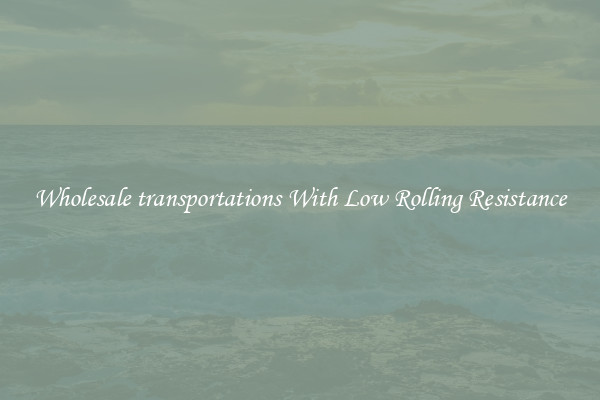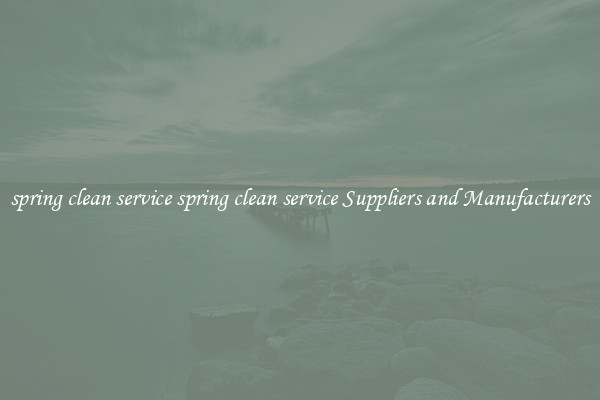Wholesale transportations With Low Rolling Resistance
Wholesale transportations play a crucial role in the global supply chain, connecting manufacturers and wholesalers with retailers and consumers. With the increasing focus on sustainability and reducing carbon emissions, the concept of low rolling resistance has gained significant attention in the transportation industry. This article will explore the importance of wholesale transportations with low rolling resistance and the benefits they offer not only to businesses but also to the environment.

Low rolling resistance refers to the ability of a vehicle, typically a truck or a trailer, to minimize the energy required to move the vehicle forward. It is primarily achieved by reducing the friction between the tires and the road surface. By reducing this friction, vehicles can consume less fuel, resulting in lower carbon emissions.
One of the significant benefits of wholesale transportations with low rolling resistance is their positive impact on the environment. As these vehicles require less energy to move, they emit fewer greenhouse gases. This reduction in carbon emissions contributes to combating climate change and improving air quality, making low rolling resistance an environmentally friendly solution.
In addition to the environmental advantages, low rolling resistance also offers economic benefits for businesses involved in wholesale transportations. With fuel costs being a significant expense in the transportation industry, reducing fuel consumption can lead to substantial savings for companies. By investing in low rolling resistance tires and other technologies that minimize energy loss, businesses can achieve more efficient and cost-effective operations.
Moreover, low rolling resistance can enhance the overall performance and lifespan of vehicles. These tires are optimized to maximize fuel efficiency, ensuring a smoother ride while reducing wear and tear on the tires. This can result in lower maintenance and replacement costs, further contributing to the economic advantages of low rolling resistance vehicles.
Furthermore, by adopting low rolling resistance in wholesale transportations, businesses can also improve their reputation and meet the growing demand for sustainability from consumers and stakeholders. With increasing awareness about climate change and environmental responsibility, customers are more likely to choose businesses that demonstrate eco-friendly practices, including efficient transportation options.
In conclusion, wholesale transportations with low rolling resistance offer numerous benefits for businesses and the environment. By reducing fuel consumption, these vehicles contribute to lower carbon emissions, improved air quality, and cost savings for businesses. In addition, they enhance the overall performance and longevity of vehicles, reducing maintenance costs. Moreover, adopting low rolling resistance can help businesses enhance their reputation and meet the increasing demand for sustainable transportation options. As we strive towards a greener future, the adoption of low rolling resistance in wholesale transportations is a step in the right direction.

View details

View details

View details

View details





